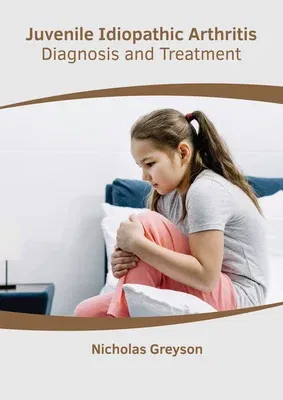Juvenile idiopathic arthritis (JIA) is a form of arthritis which occurs
in children and adolescents. It is a noninfective, autoimmune,
inflammatory disease of the joints, commonly occurring in children
between the ages of 1 and 6. JIA often presents nonspecific symptoms
initially such as reduced physical activity, lethargy and poor appetite.
Its first noticeable manifestation may be limping. Children may become
quite ill with flu-like symptoms. Persistent swelling around the knee,
wrist, ankle and the joints of the hands and feet is a clinical
manifestation of the condition. The diagnosis of JIA is difficult to
establish as the symptoms can indicate other causes. Therefore, often
times, a combination of blood tests, X-rays, analysis of the fluid from
the joint and clinical presentation are done for making a correct
diagnosis. The goal of therapy in JIA is to enable the child to regain a
normal level of physical and social activity. This is done with physical
therapy, social support and pain management strategies. Children may
also be treated with intra-articular corticosteroid injections and
nonsteroidal anti-inflammatory drugs. This book elucidates the causes,
symptoms and pathophysiology of juvenile idiopathic arthritis in a
comprehensive manner. It strives to provide a fair idea about the modern
practices in the management of JIA. A number of latest researches have
been included to keep the readers up-to-date with the global concepts in
this medical condition.

